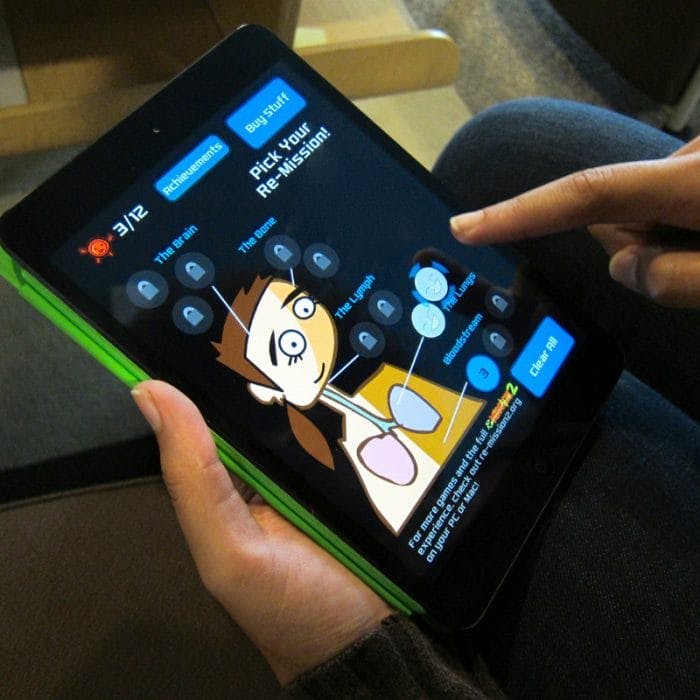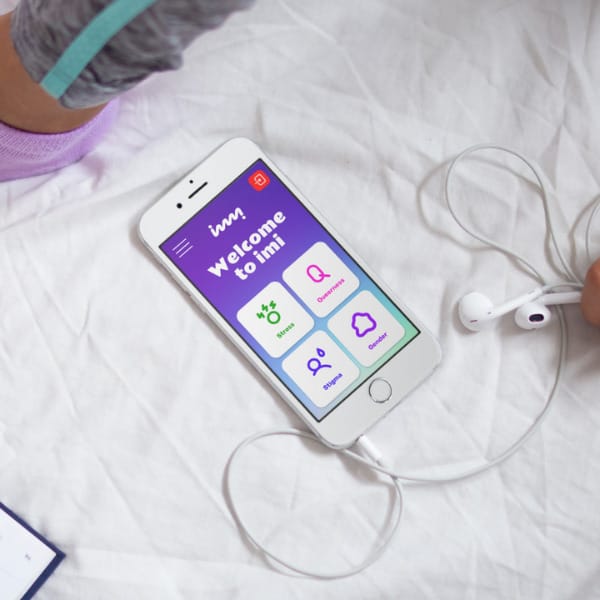ABSTRACT
OBJECTIVE. Suboptimal adherence to self-administered medications is a common problem. The purpose of this study was to determine the effectiveness of a video-game intervention for improving adherence and other behavioral outcomes for adolescents and young adults with malignancies including acute leukemia, lymphoma, and soft-tissue sarcoma.
METHODS. A randomized trial with baseline and 1- and 3-month assessments was conducted from 2004 to 2005 at 34 medical centers in the United States, Canada, and Australia. A total of 375 male and female patients who were 13 to 29 years old, had an initial or relapse diagnosis of a malignancy, and currently undergoing treatment and expected to continue treatment for at least 4 months from baseline assessment were randomly assigned to the intervention or control group. The intervention was a video game that addressed issues of cancer treatment and care for teenagers and young adults. Outcome measures included adherence, self-efficacy, knowledge, control, stress, and quality of life. For patients who were prescribed prophylactic antibiotics, adherence to trimethoprim-sulfamethoxazole was tracked by electronic pill-monitoring devices (n = 200). Adherence to 6-mercaptopurine was assessed through serum metabolite assays (n = 54).
RESULTS. Adherence to trimethoprim-sulfamethoxazole and 6-mercaptopurine was greater in the intervention group. Self-efficacy and knowledge also increased in the intervention group compared with the control group. The intervention did not affect self-report measures of adherence, stress, control, or quality of life.
CONCLUSIONS. The video-game intervention significantly improved treatment adherence and indicators of cancer-related self-efficacy and knowledge in adolescents and young adults who were undergoing cancer therapy. The findings support current efforts to develop effective video-game interventions for education and training in health care.
View the study published in Pediatrics.





